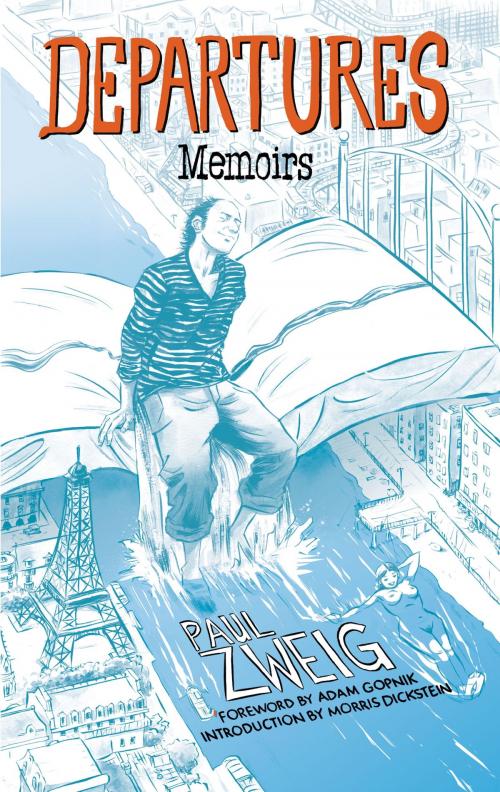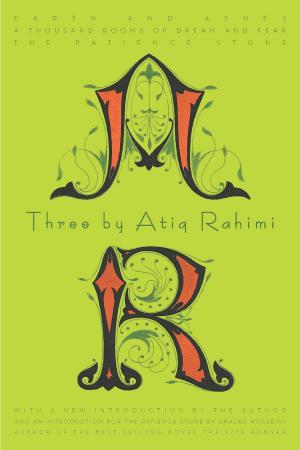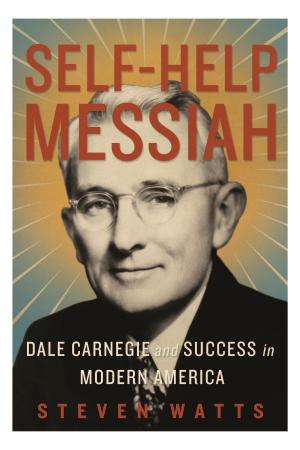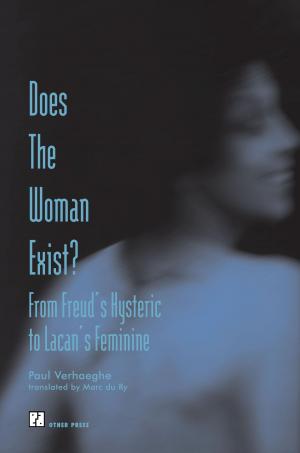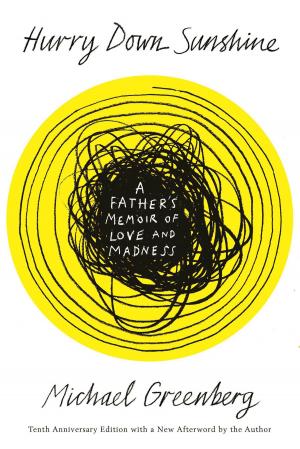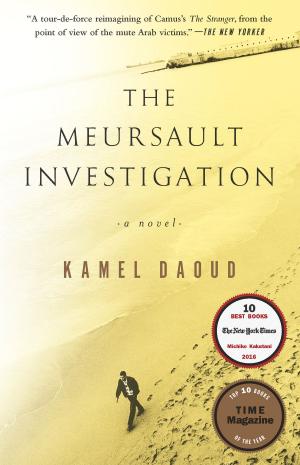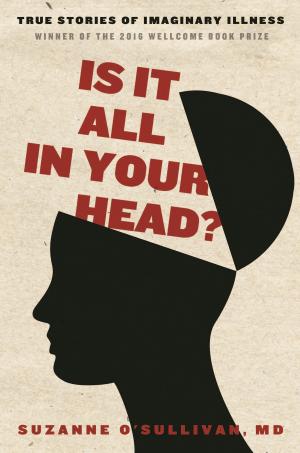| Author: | Paul Zweig | ISBN: | 9781590514245 |
| Publisher: | Other Press | Publication: | March 15, 2011 |
| Imprint: | Other Press | Language: | English |
| Author: | Paul Zweig |
| ISBN: | 9781590514245 |
| Publisher: | Other Press |
| Publication: | March 15, 2011 |
| Imprint: | Other Press |
| Language: | English |
Departures is Paul Zweig’s celebration of life and love. Zweig thought of himself as a sojourner, a contemporary Wandering Jew, a man with “a loose wire in his genes.” He led a number of distinct lives: as a Jewish child in Brooklyn and on a farm in the Catskills; as a literature student at Columbia; as a young exile who spent a decade in Paris transforming himself into a French intellectual, absorbing the language, sex, culture, and leftist politics; and as an American man-of-letters who produced a steady stream of poems, essays, and wide-ranging works of literary scholarship and criticism. In 1978, at the age of forty-three, he abruptly entered a new life—”the life of the dying”—which he inhabited for the next six years. His writing was guided by a steely determination to hold the more pressing and distorting sentiments— self-pity, regret, anger, fear—at bay for the sake of his lucidity, which became his way through the world of cancer. This memoir stands as a testament to the passion and spirit with which Zweig lived and to the dignity that he brought to his final years.
Departures is Paul Zweig’s celebration of life and love. Zweig thought of himself as a sojourner, a contemporary Wandering Jew, a man with “a loose wire in his genes.” He led a number of distinct lives: as a Jewish child in Brooklyn and on a farm in the Catskills; as a literature student at Columbia; as a young exile who spent a decade in Paris transforming himself into a French intellectual, absorbing the language, sex, culture, and leftist politics; and as an American man-of-letters who produced a steady stream of poems, essays, and wide-ranging works of literary scholarship and criticism. In 1978, at the age of forty-three, he abruptly entered a new life—”the life of the dying”—which he inhabited for the next six years. His writing was guided by a steely determination to hold the more pressing and distorting sentiments— self-pity, regret, anger, fear—at bay for the sake of his lucidity, which became his way through the world of cancer. This memoir stands as a testament to the passion and spirit with which Zweig lived and to the dignity that he brought to his final years.
